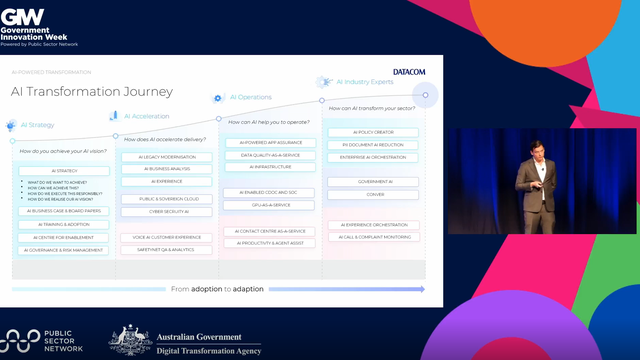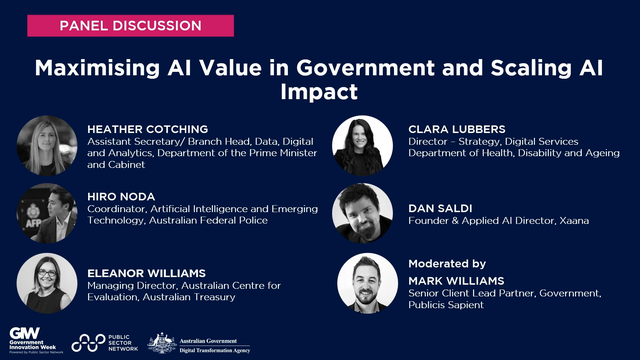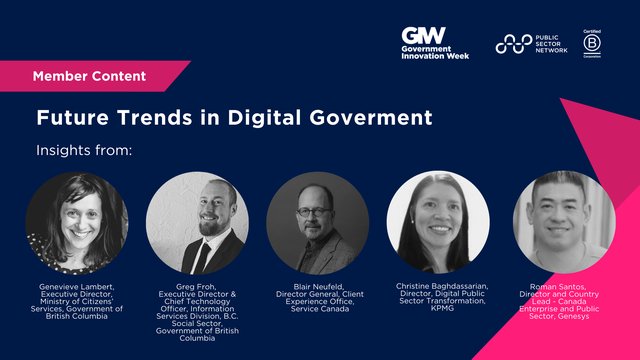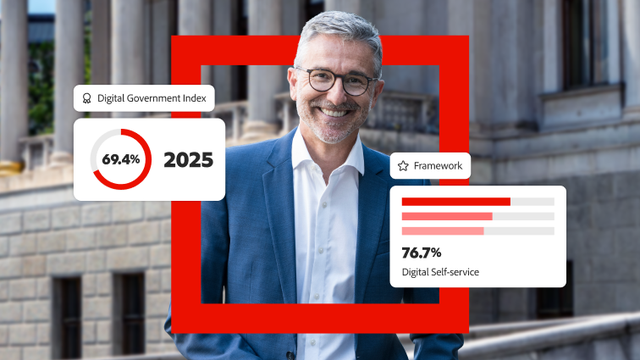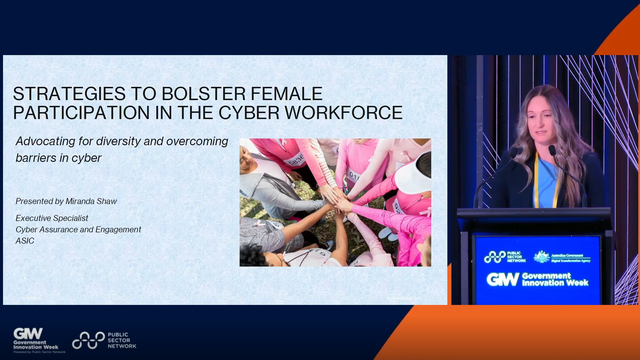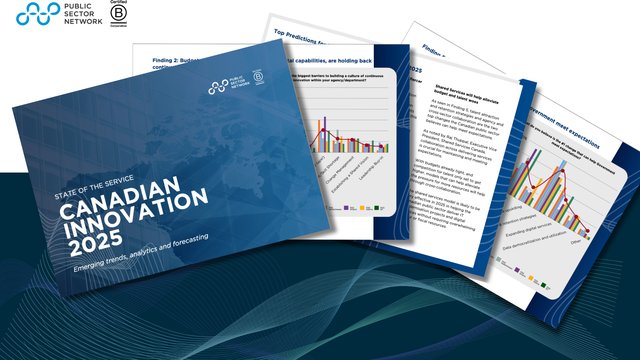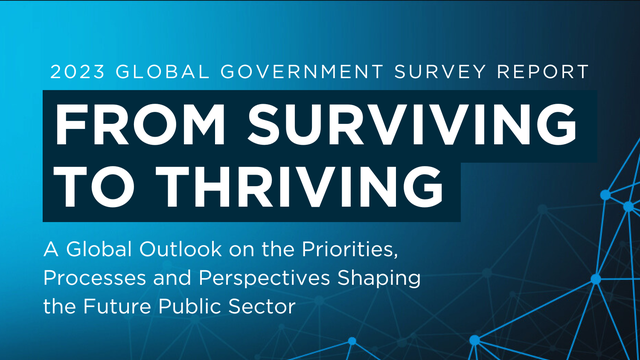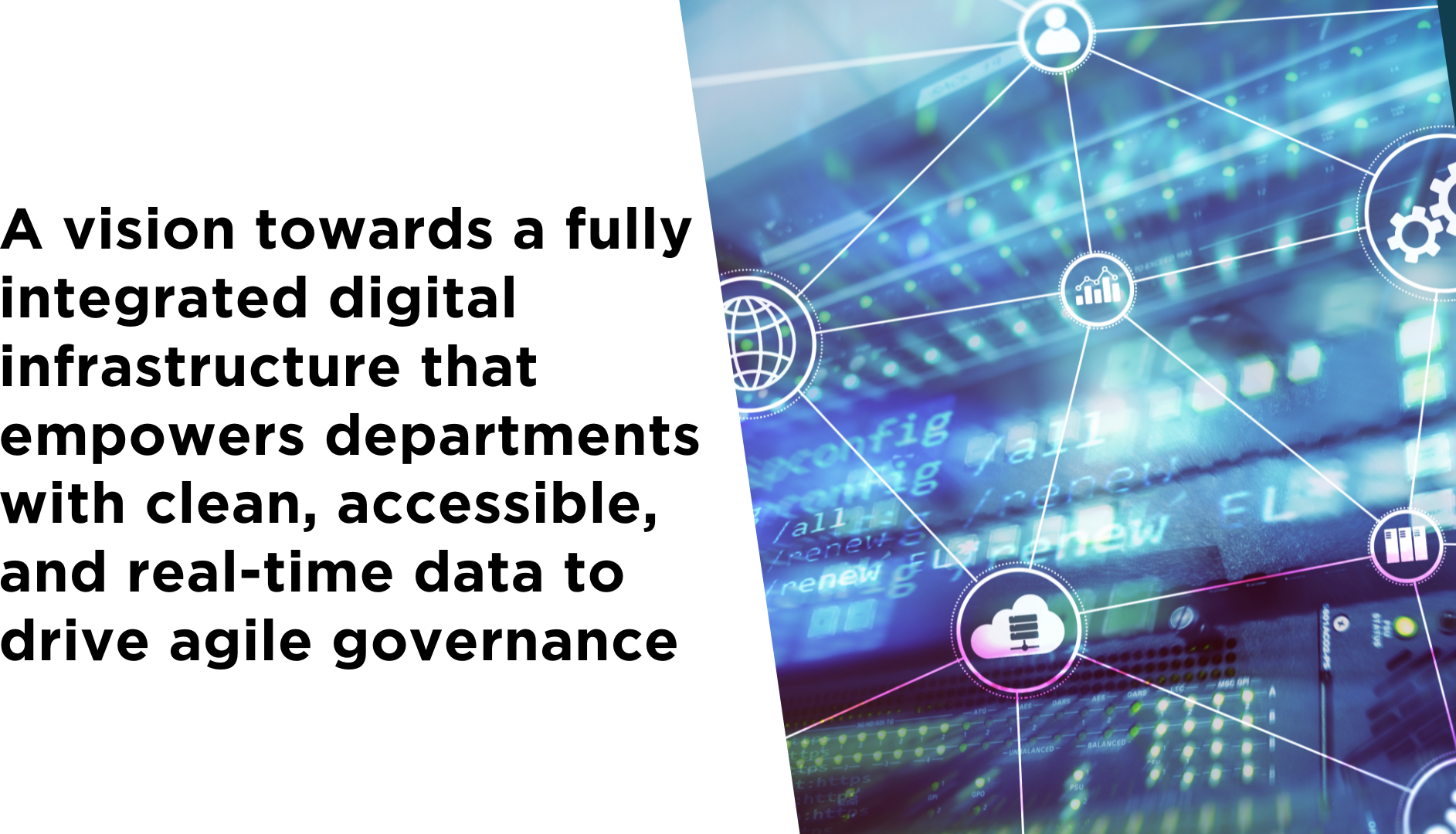
Sylvain Bélanger, Chief Information Officer, Information Management and Technology Directorate, Treasury Board of Canada Secretariat
Quick Facts
Organisation: Treasury Board of Canada Secretariat (TBS)
Project Name: Real-Time Data and Emerging Tech Strategy
Established: Strategy development in progress, initiated through internal assessments and global benchmarking
Main Objective: To modernise government operations by leveraging cloud computing, AI, and real-time data analytics for agile, secure, and informed decision- making
Key Benefits: Improved decision-making speed and accuracy, enhanced cybersecurity, reduced data silos, and stronger public trust
Project Milestones: Advanced cloud planning, cybersecurity training rollout, internal capability-building, and early-stage AI exploration
Future Vision: A fully integrated digital infrastructure that empowers departments with clean, accessible, and real-time data to drive agile governance
Organisational Context
The Treasury Board of Canada Secretariat (TBS) plays a central role in driving digital transformation across the Government of Canada. With responsibilities spanning policy, regulation, budget oversight, and digital strategy, TBS must coordinate efforts across government.
The department is grappling with an evolving digital landscape where expectations for real-time decision- making, secure infrastructure, and advanced analytics are growing - yet legacy systems, fragmented data, and cybersecurity vulnerabilities remain significant hurdles.
Challenges and Opportunities
Key Challenges Identified:
- Fragmented Data Ecosystems: Government departments rely on siloed systems, outdated infrastructure, and manual processes, making it difficult to access reliable real-time data.
- Lack of Unified Cloud Adoption: Despite the known benefits, many departments remain off-cloud, making it harder to scale emerging tech.
- Cybersecurity Vulnerabilities: Growing threats underscore the need for more robust encryption, threat detection, and cyber literacy across the public sector.
- Skills Gaps in Emerging Technologies: Limited in-house expertise in AI, blockchain, and cloud computing constrains innovation.
- Barriers to Decision Support: Leaders lack tools for synthesising data across multiple departments, impeding quick and evidence-based decision-making.
Opportunities for Digital Transformation:
With 50% of surveyed government professionals recognising the importance of AI, blockchain, and cloud in modernising operations, TBS sees a strategic opening to advance an integrated, future-ready data ecosystem.
Solution: A Vision for Integrated, Secure, and Actionable Data
TBS is building a comprehensive strategy centred on:
- Cloud Migration – Having shifted to cloud environments for scalability, speed, and data accessibility.
- AI and Machine Learning – Exploring the use of GenAI and machine learning to enhance predictive capabilities and threat detection.
- Real-Time Data Analytics – Developing systems that enable deputy ministers and executives to access real- time insights on spending, client activity, and performance across sectors.
- Cybersecurity Culture Shift – Mandatory cybersecurity training for all public servants in collaboration with the Canada School of Public Service and OCIO.
- Data Clean-Up and Structuring – Prioritising data governance and cleansing to ensure usable, structured information across platforms.
Implementation and Impact
- Strategic Cloud Transition - TBS is preparing departments for cloud-based operations, laying the groundwork for scaling AI and blockchain tools within centralised, secure infrastructure.
- Real-Time Decision Enablement - Recognising the current lack of real-time insights, TBS is spearheading initiatives to centralise and visualise data from departments, enabling faster, more informed decisions in areas like budget submissions and interdepartmental coordination.
- Strengthening Cyber Resilience - With increasing data breaches globally, TBS is enforcing new privacy and encryption standards and equipping staff with training to mitigate cyber risks. This includes threat detection tools powered by AI and ongoing cross-departmental collaboration.
- Closing the Capability Gap - TBS acknowledges that AI adoption is hindered not just by tools but by cost and uneven access. By investing in shared services and skill-building, the department aims to ensure equitable access to transformative tech.
Future Outlook: A Data-Driven Government at Scale
Looking ahead, TBS is focused on:
- Cloud-Native Infrastructure – Ensuring they can process and store large volumes of structured, real-time data with minimal latency.
- Advanced Data Visualisation Tools – Empowering employees with self-serve analytics and dashboards to support their day-to-day work.
- Clean Data for AI – Supporting sectors in data structuring, cleaning, and governance to fuel AI and machine learning initiatives.
- Strategic Investment Models – Encouraging coordinated, organisation-wide investment strategies to prevent tech fragmentation and optimise resources.
Lessons Learned and Key Takeaways
✅ Cloud is the Foundation – Real-time analytics, AI, and blockchain all rely on scalable, accessible cloud environments.
✅ Data Quality is Non-Negotiable – Insights are only as good as the data theyʼre built on. Clean, structured data is the first step.
✅ Cybersecurity is Everyoneʼs Job – Government-wide training and proactive defence strategies are essential to protecting public trust.
✅ Blockchain Still Holds Promise – Beyond cryptocurrency, blockchain has real potential in areas like records management and auditability.
✅ Shared Vision Drives Progress – Cross-departmental coordination, clear mandates, and shared infrastructure enable scalable transformation.
Path Forward
TBS will continue leading efforts to advance a modern, data-driven public service—through real-time data readiness, inclusive cloud strategies, and responsible AI integration. By embracing emerging technologies in a coordinated, inclusive, and secure manner, the department is laying the foundation for agile, insight-driven governance that meets the evolving needs of Canadians. With a strong focus on cybersecurity, accessibility, and long-term resilience, TBS is positioning the federal government to thrive in the digital age.



